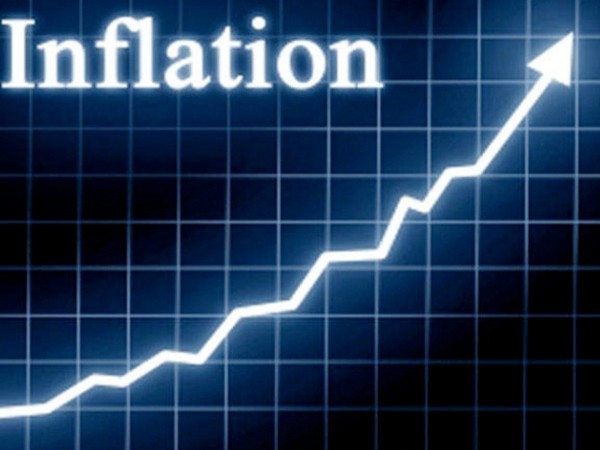In May, India’s retail inflation rate showed a slight softening trend, with annual inflation at a 12-month low of 4.75 per cent. Food prices remained a concern for policymakers, with a rise in prices for meat and fish, egg, milk, vegetables, pulses, and sugar, while prices for spices and fruits decreased. The retail inflation in India is currently within RBI’s comfort level of 2-6 per cent but above the ideal 4 per cent scenario. Despite inflation being a concern in many countries, India has managed to moderate its inflation trajectory well.
Experts and analysts have mixed views on the May retail inflation numbers. Rajani Sinha, Chief Economist at CareEdge, expects inflation to average 4.8 per cent for FY25, with a potential rate cut if food inflation moderates. VK Vijayakumar, Chief Investment Strategist at Geojit Financial Services, sees the decline in CPI inflation to 4.75 per cent as a positive sign for the market and hints at a possible rate cut by the RBI. Sanjeev Agrawal, President of PHD Chamber of Commerce and Industry, credits the government’s measures to strengthen supply chains for contributing to lower inflation. Dipti Deshpande, Principal Economist at CRISIL, expects some softening in inflation from June due to a supportive base and distribution of rainfall.
India Ratings and Research’s Sunil Kumar Sinha and Paras Jasrai believe that despite some moderation in headline inflation, food inflation remains high and could lead to a wage-price spiral if not controlled. They expect the central bank to maintain a status quo on policy rates and stance till the second half of FY25. Overall, while India’s retail inflation showed a slight easing trend in May, food prices remain a concern, and the effectiveness of government measures and monsoon distribution will play a crucial role in determining future inflation trends.










